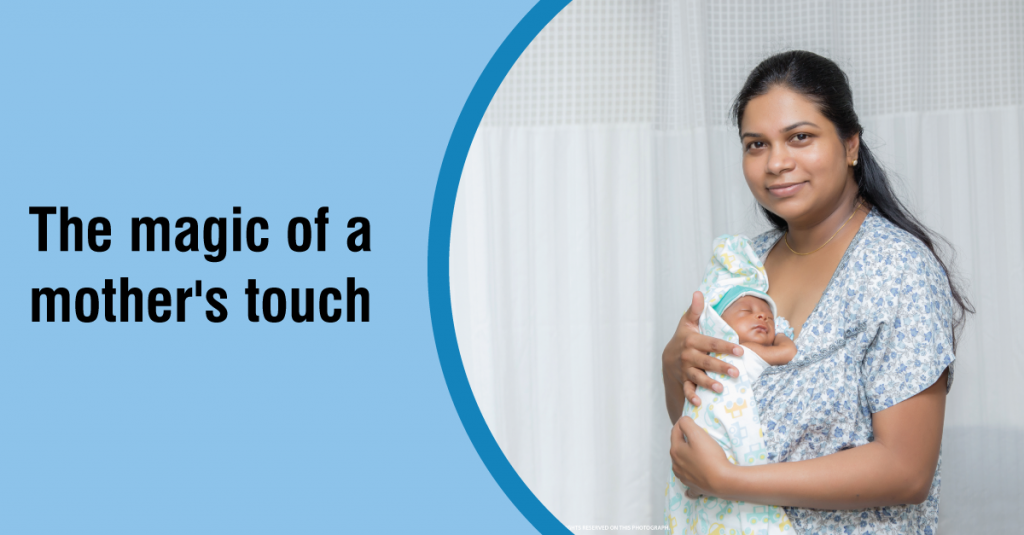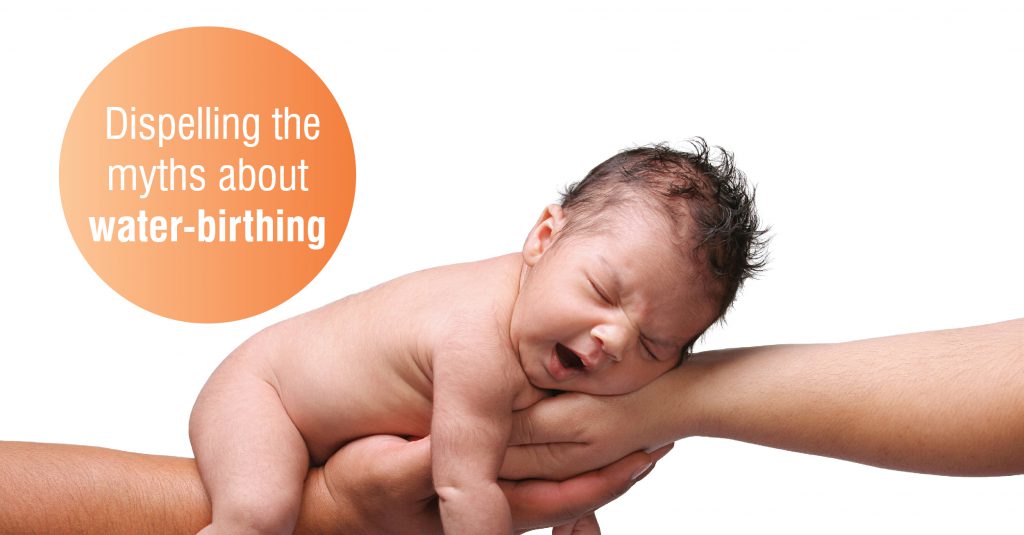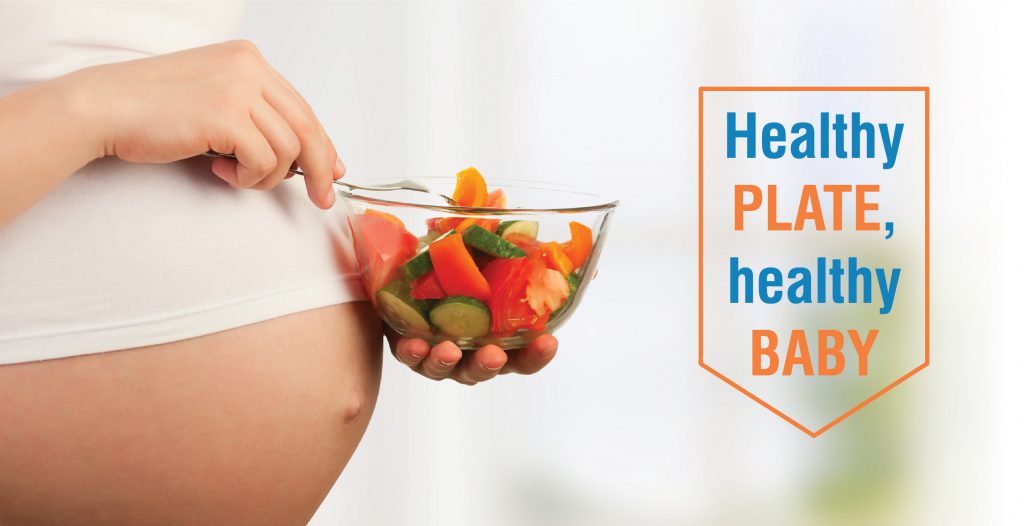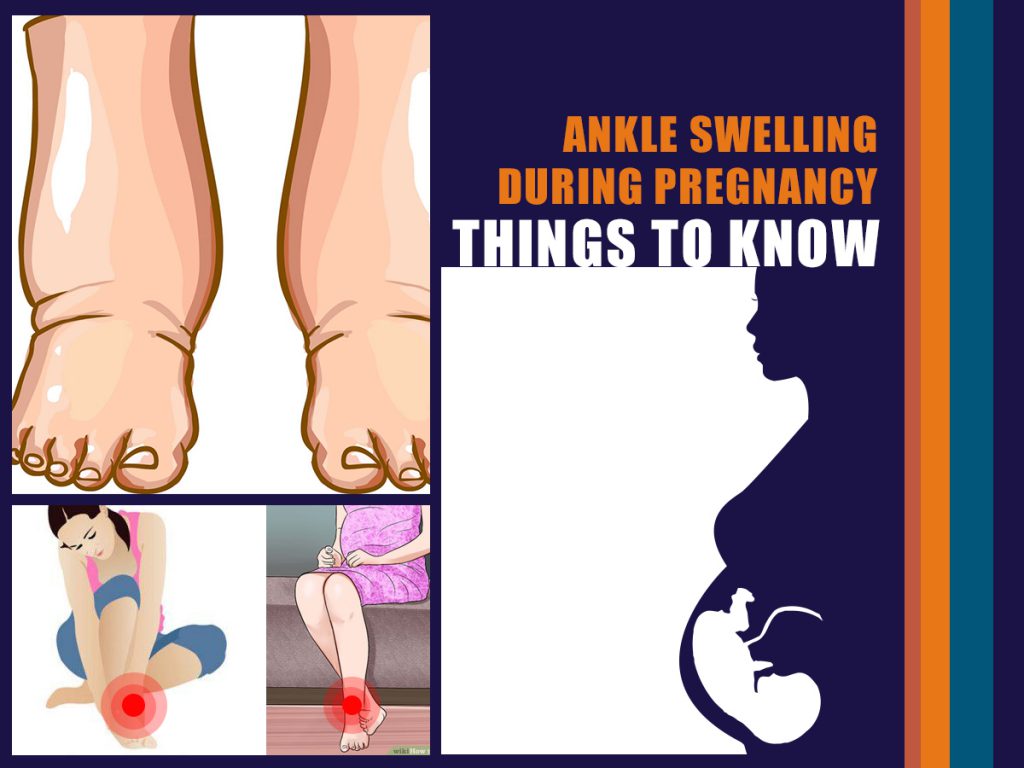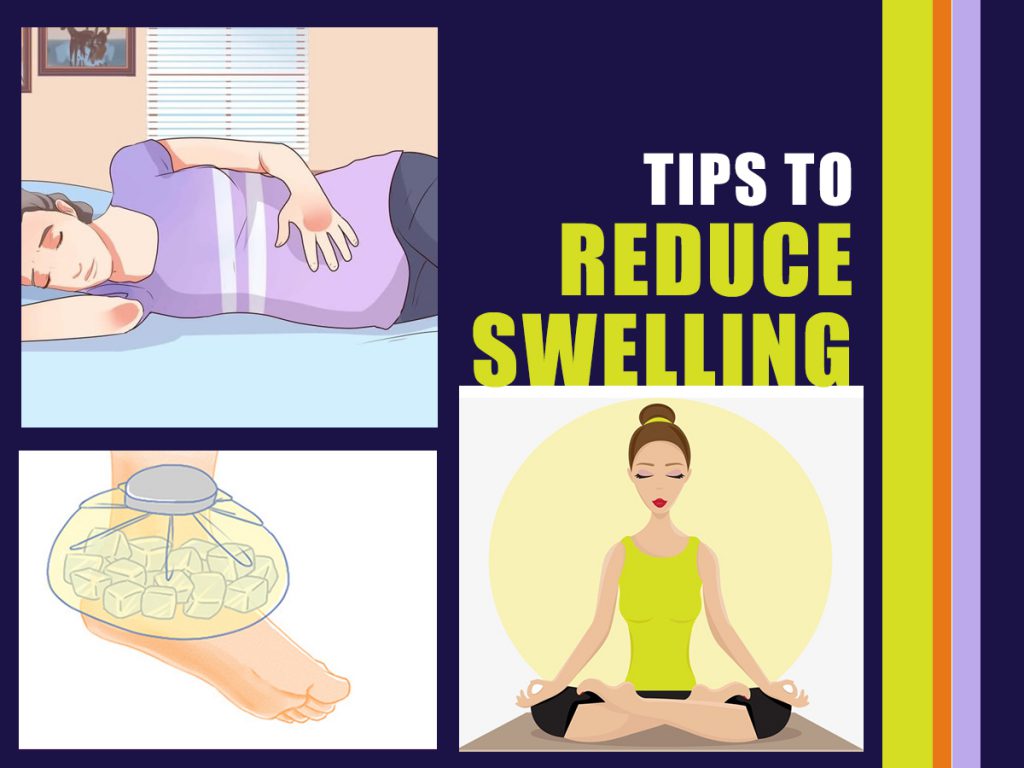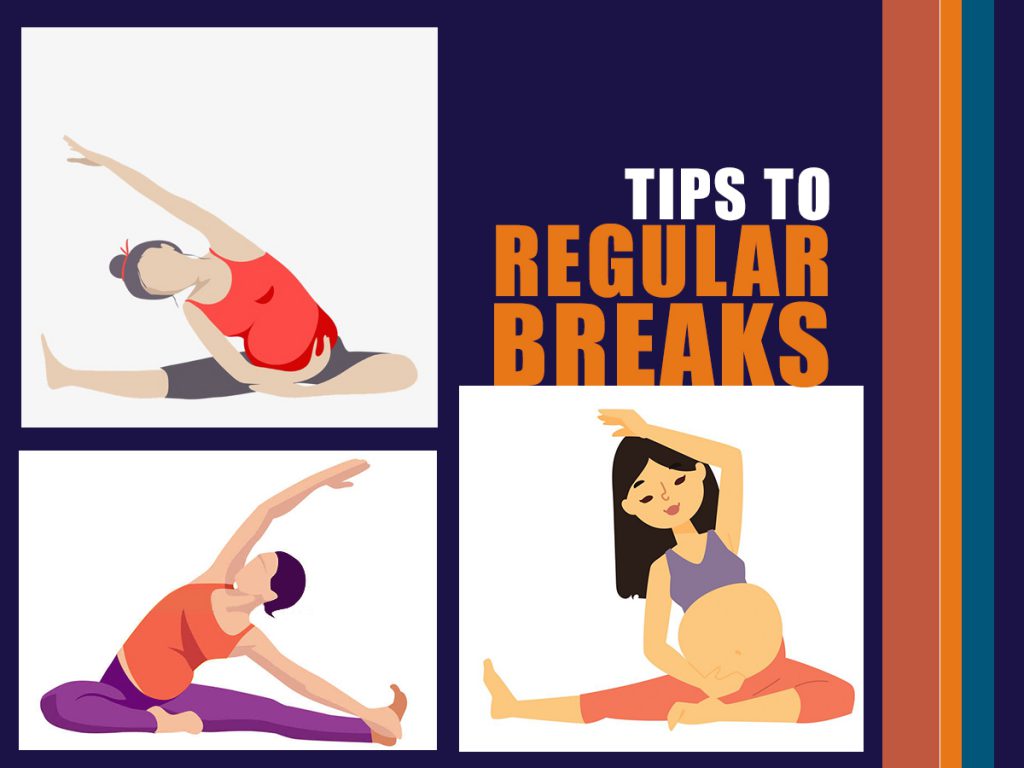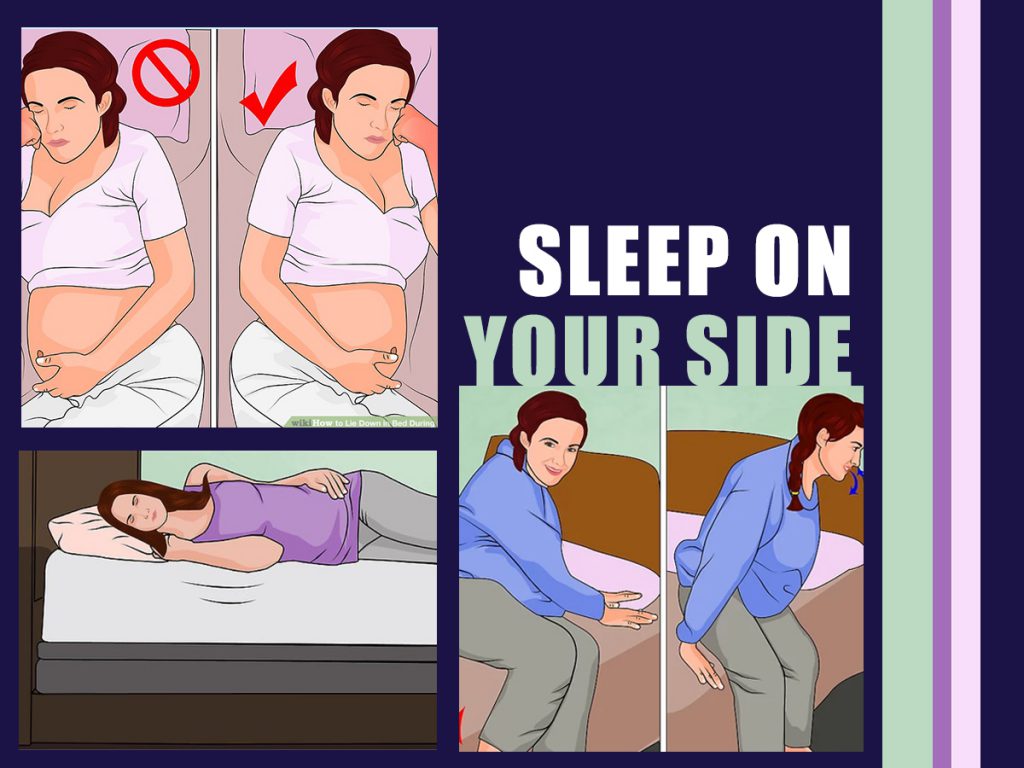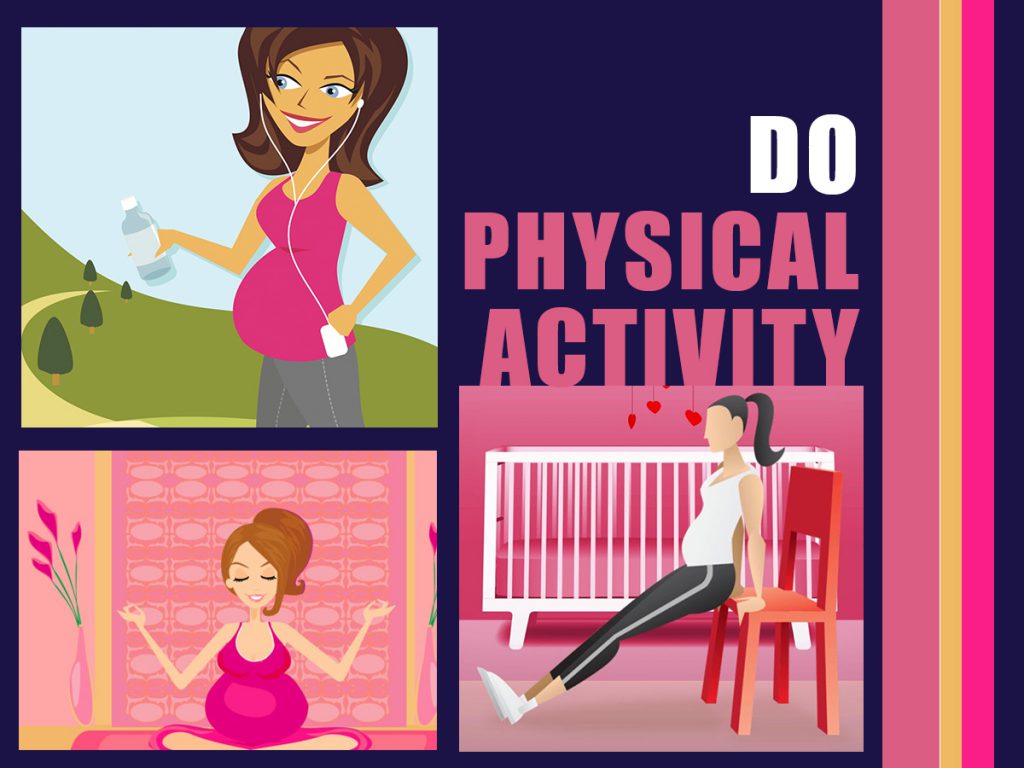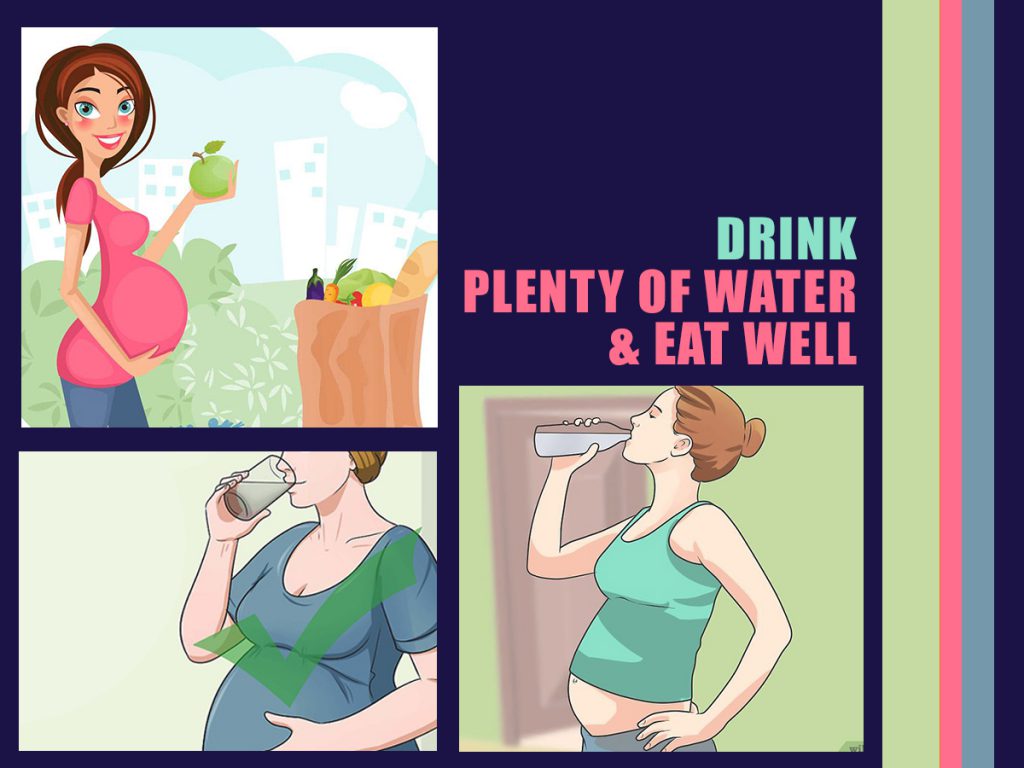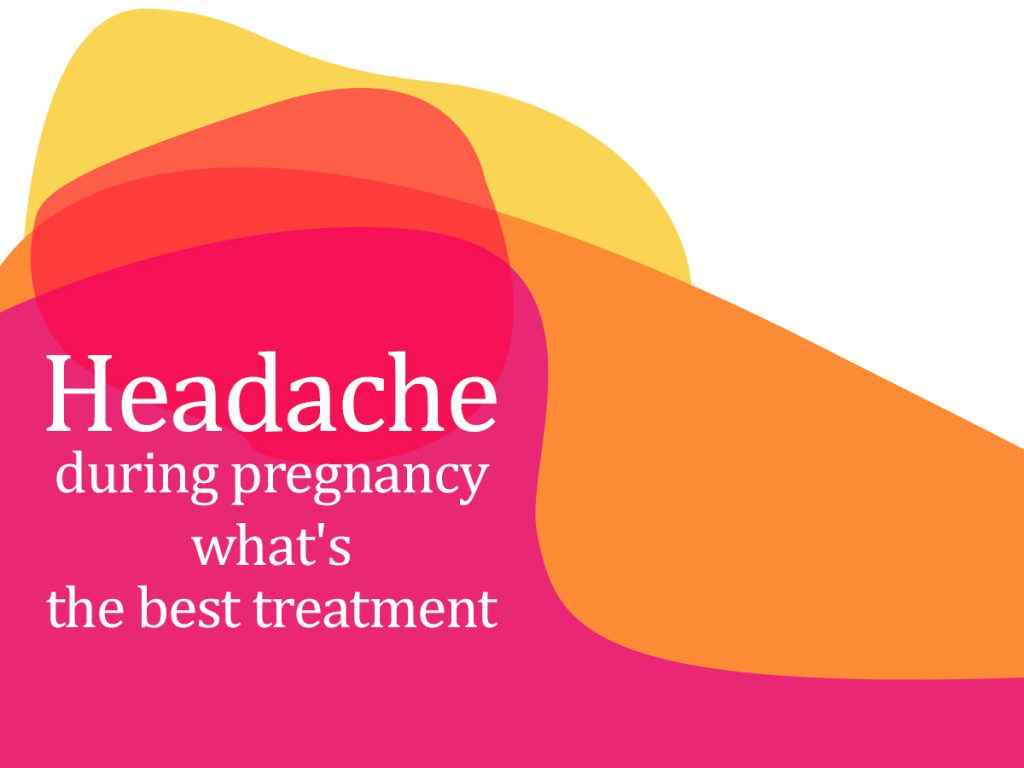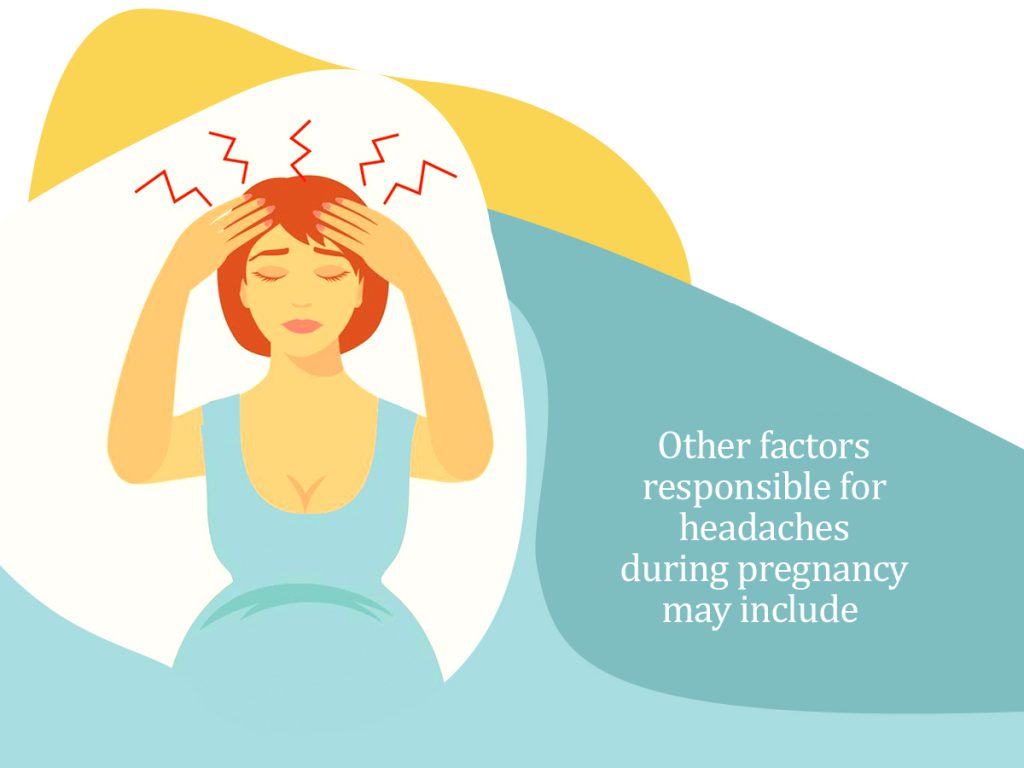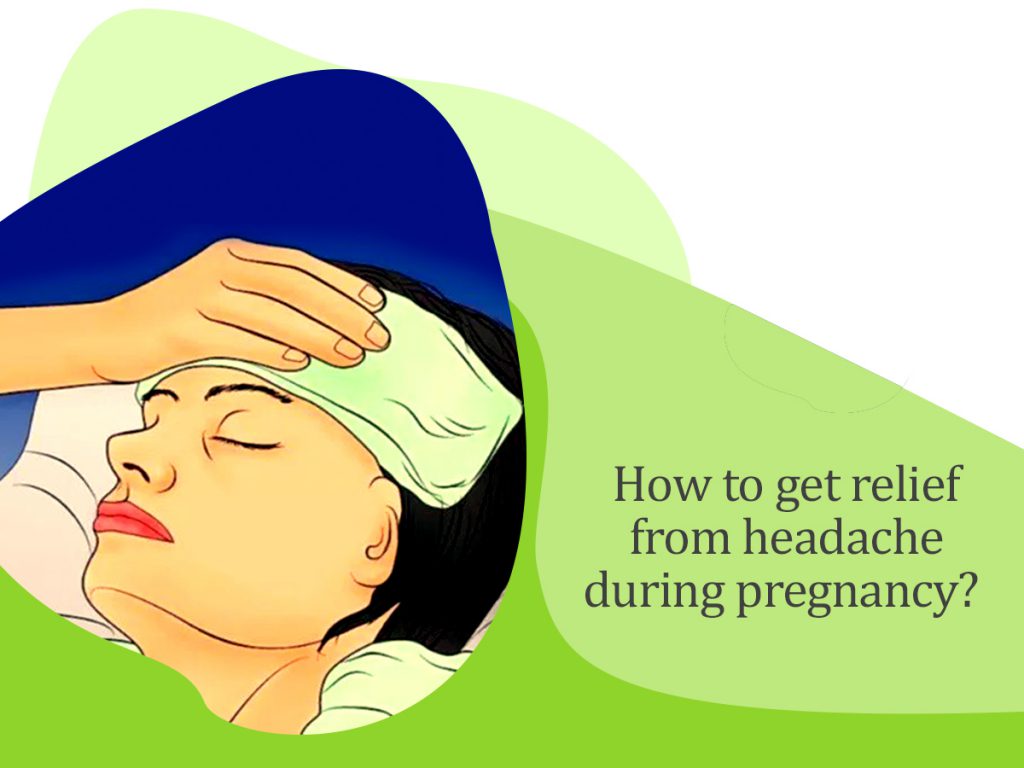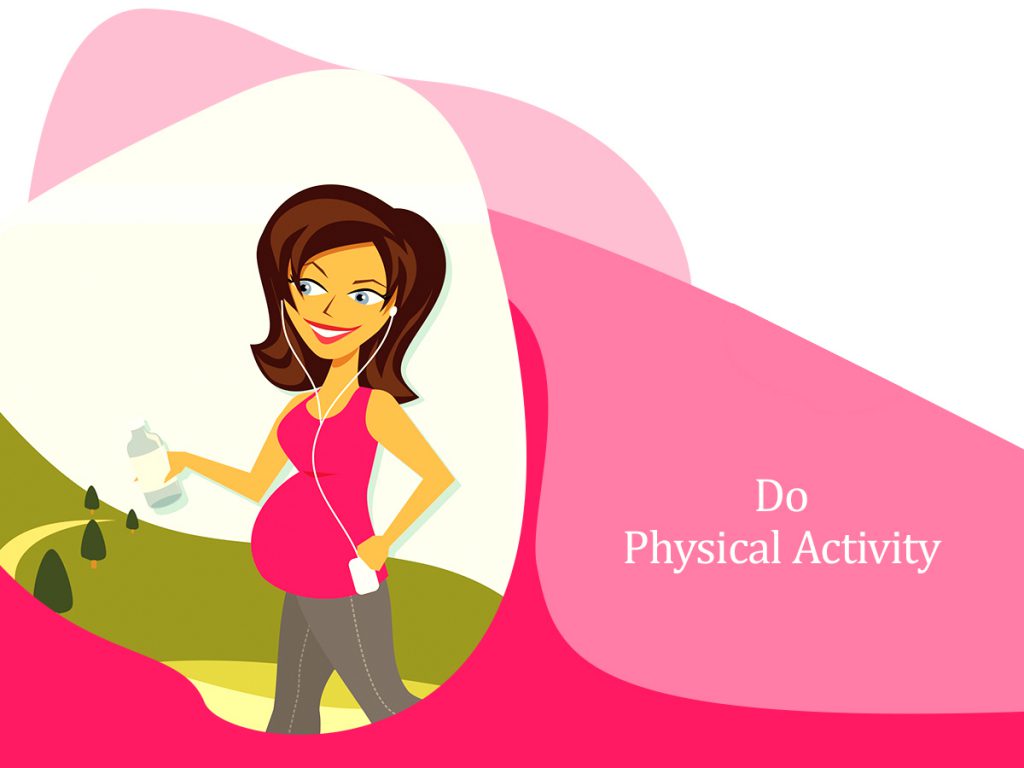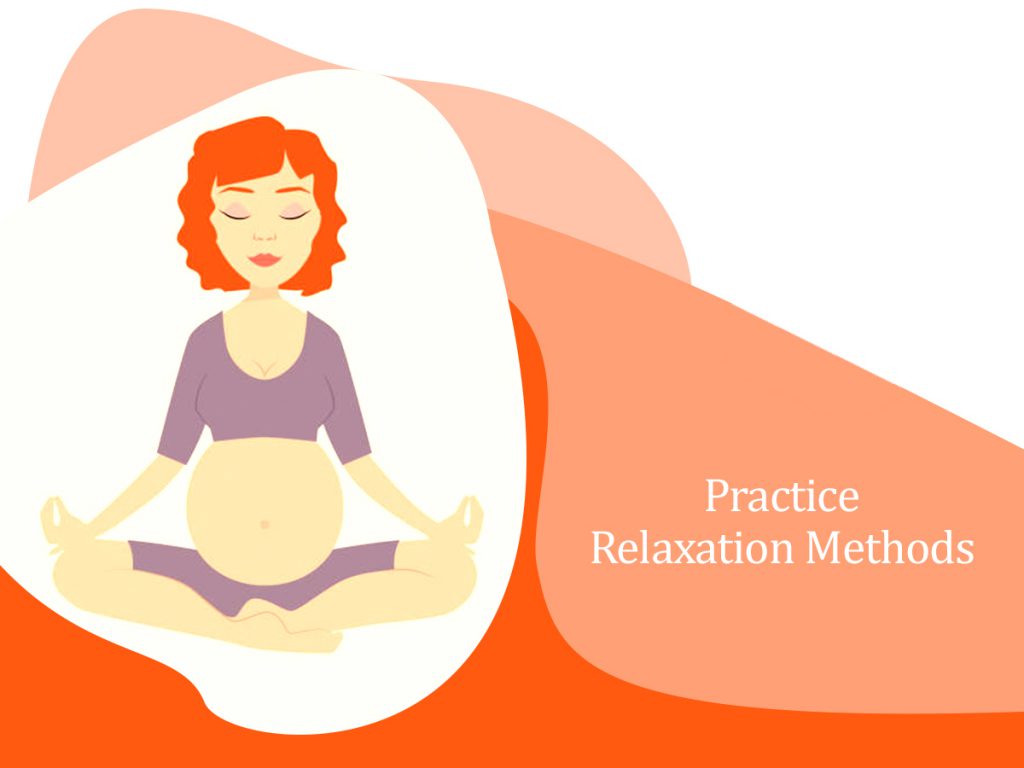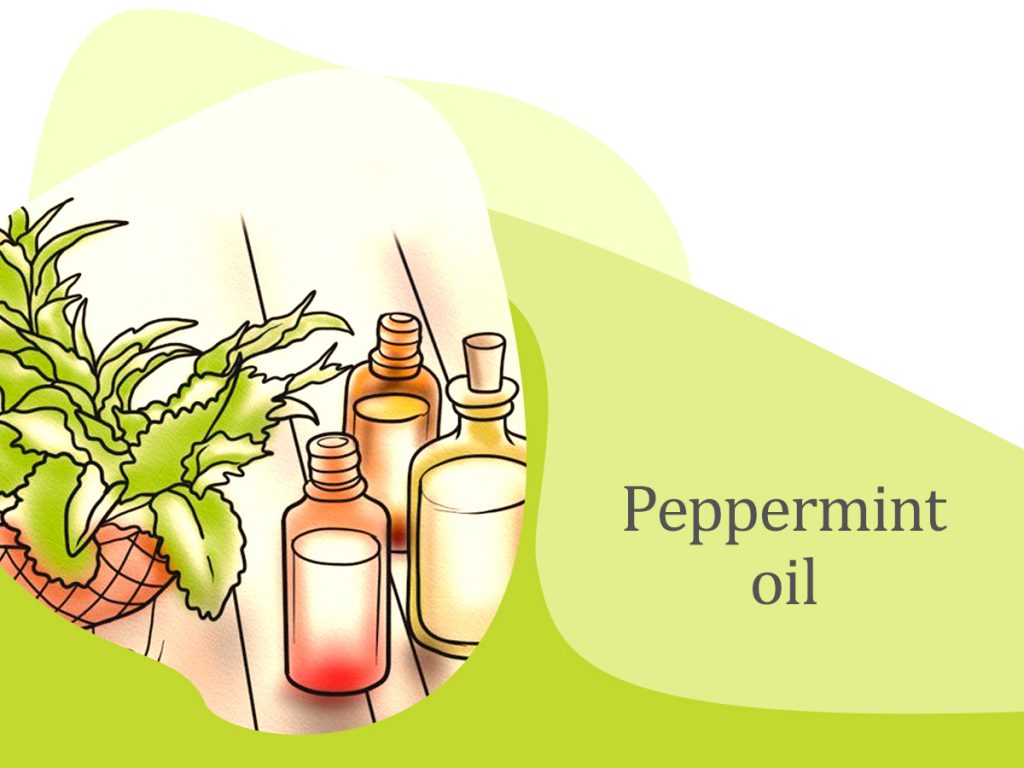
Pregnancy is a natural process, which ideally requires a minimal or non-invasive procedure. However, there are few complications that may occur during pregnancy which require immediate medical attention to ease the process. The complications may affect either the mother’s or the baby’s health and sometimes both. Most of the complications can be avoided or treated with the right supervision and treatment.

Loss of pregnancy within the first 20 weeks is termed as a miscarriage. A miscarriage happens when there are chromosomal abnormalities in the fertilised egg which keep the embryo from developing further.
The first symptom to identify a miscarriage is excessive vaginal bleeding. However, it is common to spot blood during early pregnancy. It is best to consult the doctor at the earliest to detect a miscarriage.
Preeclampsia
This is a serious complication which can occur during the first 20 weeks of pregnancy, causing high blood pressure. Women with preeclampsia are advised to deliver the baby at the earliest. If it is too early to deliver the baby, the mother and baby will be under medical surveillance until the due date.
This condition can also lead to some serious problems and affect other organs.

An ideal time for delivery is once the mother reaches 37 weeks of pregnancy. If the baby is delivered before 37 weeks, it is a preterm birth and the baby is considered a premature baby. A preterm birth can sometimes be fatal to the baby.
Gestational diabetes
This condition occurs when the pregnant woman cannot process her sugar intake. This fairly common condition is serious enough to cause complications during pregnancy. Therefore, it is important for the mother to maintain a healthy diet and exercise plan in order to deliver a healthy baby.
A poorly-maintained diet will lead to sugar imbalance in the blood. This problem can be cured by modifying the diet accordingly. In few cases, insulin will be prescribed by the Doctor to help keep sugar levels in control.
Ectopic pregnancy
An ectopic pregnancy is when the fertilised egg attaches itself to places other than the uterus. 1 out of 50 pregnancies is an ectopic pregnancy. It occurs in the fallopian tubes, which aren’t designed for holding a growing embryo. The growing embryo creates a rupture in the fallopian tubes and causes internal bleeding. One can identify an ectopic pregnancy through symptoms like vaginal bleeding, sharp pain in the intestines, weakness and some others.
This condition can be cured if a doctor is immediately consulted upon experiencing a sharp pain or spotting blood.

As the famous saying goes, “prevention is better than cure”. It is important for a pregnant woman to be in a positive and healthy environment.
At Stork Home, we believe that every woman is capable of giving birth naturally and is treated with utmost care and warmth. We always encourage the mother to follow the required diet, therefore, avoiding any kind of complication. However, during any complication, our specialist team of doctors, midwives and support staff are on their toes to provide the required care and treatment to the mother and the baby.
